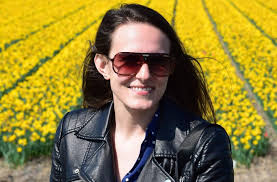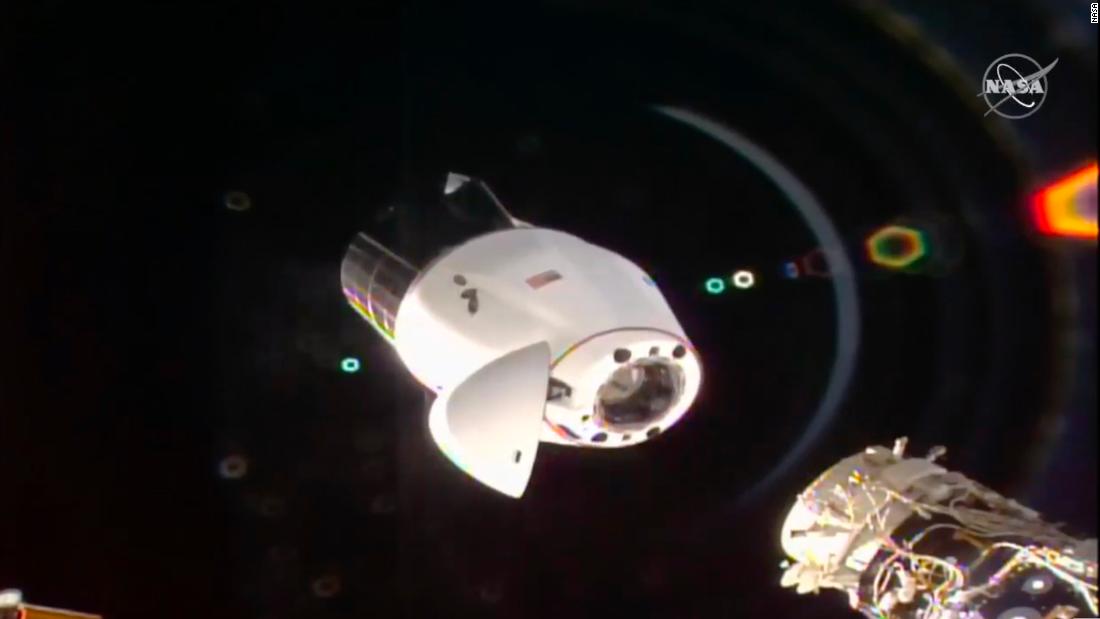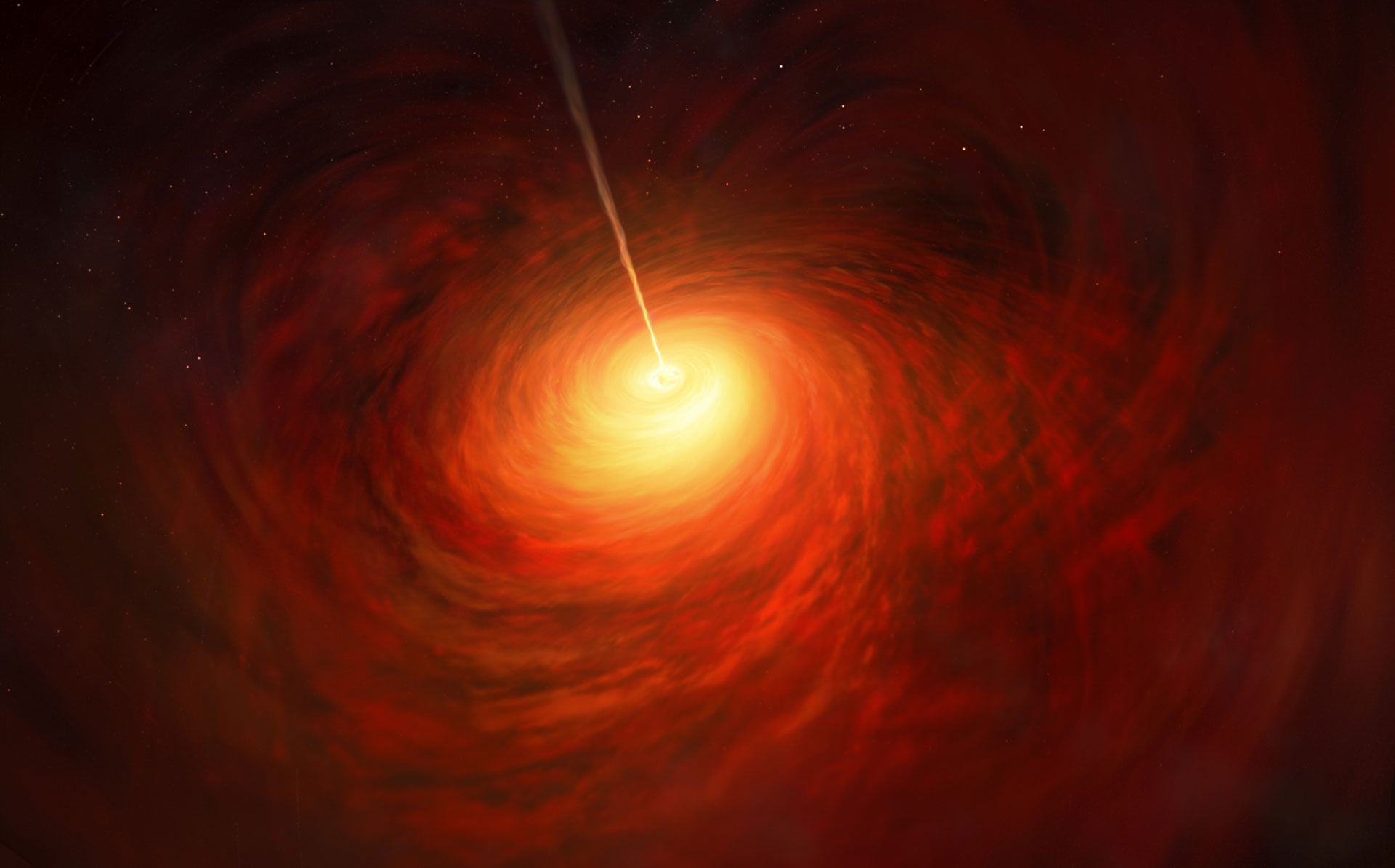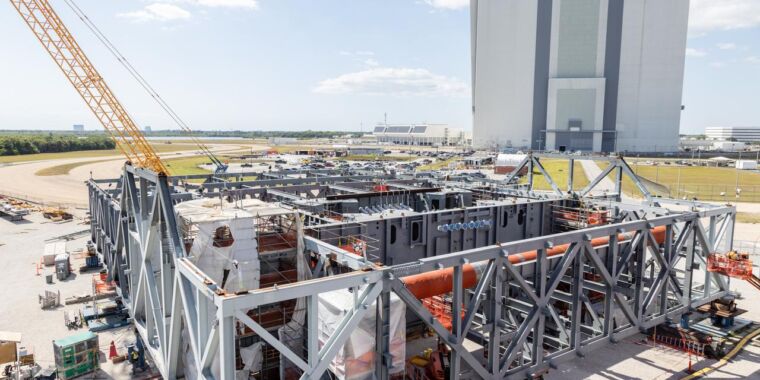It was flown into space in November 2019 and March 2020, respectively, as part of an experiment organized by European startup Space Cargo Unlimited (SCU), in a statement published on Monday.
The research, known as Mission Wise, explores how to develop “new ways to grow plants on Earth and expand them to feed more people on the planet.”
The chromium will be analyzed to see how it has changed during its time in space, as the effects of microgravity and exposure to radiation higher than the Earth accelerate the genetic changes.
Scientists will then compare it to samples that remain on Earth, with the goal of adapting the vines to thrive in more extreme environments.
Expert tasters will also sample 12 bottles of Bordeaux to see the effect its time in space has had on wine.
“Space Cargo Unlimited will investigate how space radiation and microgravity affect wine components during the aging process. This could lead to results that help in understanding improved taste and food preservation,” the company said in a statement back to November 2019.
Researchers believe that vines and wine are “ideal study materials” to assess the future of agriculture as climate change continues to alter growing conditions.
Researchers say woody plants like vines are essential to feeding humans, but have never been studied in space.
“This could be a game-changer in opening up agriculture tomorrow,” said Michael Liebert, chief scientific officer of SCU.
SCU said planned future experiments include measuring the effect of space conditions on bacterial and yeast fermentation.

“Analitikas. Kūrėjas. Zombių fanatikas. Aistringas kelionių narkomanas. Popkultūros ekspertas. Alkoholio gerbėjas”.







